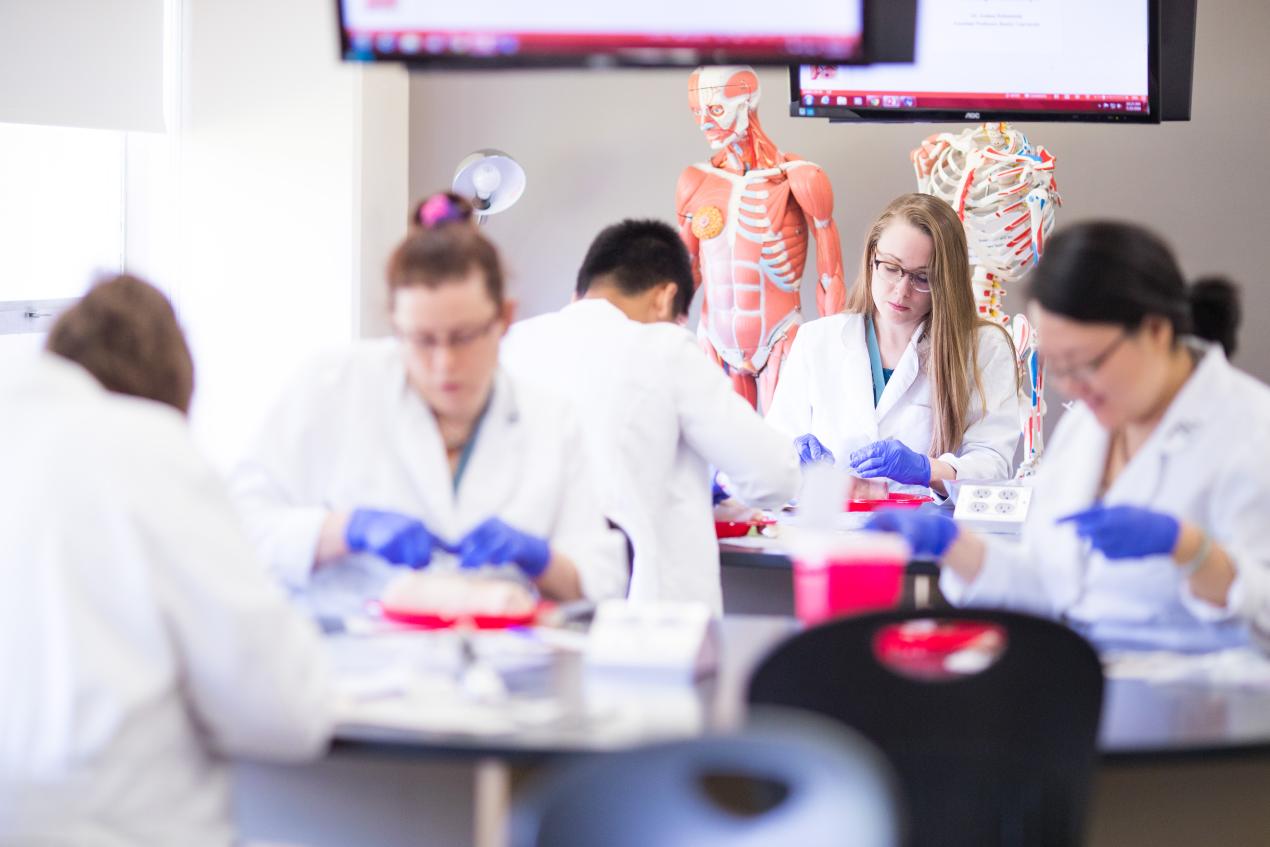Focus on Prevention and Self-Healing Process
Naturopathic medicine is a distinct system of primary health care that emphasizes prevention and the self-healing process through the use of natural therapies. While the roots of naturopathic medicine date back to the 1890s, naturopathic medicine has witnessed a rapid increase in public interest in recent years as a result of the growing consumer movement to solve the health care puzzle using prevention, wellness and respect for nature's inherent healing ability.
Naturopathic doctors (NDs) are primary care physicians who blend centuries-old knowledge and a philosophy that nature is the most effective healer with current research on health and human systems. They have attended a four-year naturopathic medical school, are clinically trained, and work in all aspects of family health — from pediatric to geriatric care. Most NDs provide primary care through office-based private practice, but a growing number are in clinic settings.
Naturopathic diagnosis focuses on identifying the underlying causes of disease, while naturopathic therapies are supported by research drawn from peer-reviewed journals from many disciplines, including naturopathic medicine, conventional medicine, European complementary medicine, clinical nutrition, phytotherapy, pharmacognosy, homeopathy, psychology and spirituality.
Principles of Naturopathic Medicine
Naturopathic medicine follows three principles to avoid harming the patient:
- Use methods and medicinal substances which minimize the risk of harmful side effects;
- Avoid, when possible, the harmful suppression of symptoms;
- Acknowledge and respect the individual's healing process, using the least force necessary to diagnose and treat illness.
The naturopathic physician seeks to identify and remove the underlying causes of illness, rather than eliminate or merely suppress symptoms.
Naturopathic medicine recognizes the body's inherent ability to heal itself. Naturopathic physicians identify and remove obstacles to recovery to facilitate this healing ability in patients.
Naturopathic physicians educate the patient and encourage self-responsibility for health. They also acknowledge the therapeutic value inherent in the doctor-patient relationship.
Naturopathic physicians treat each individual by taking into account physical, mental, emotional, genetic, environmental and social factors. Since total health also includes spiritual health, naturopathic physicians encourage individuals to pursue their personal spiritual path.
Naturopathic physicians treat each individual by taking into account physical, mental, emotional, genetic, environmental and social factors. Since total health also includes spiritual health, naturopathic physicians encourage individuals to pursue their personal spiritual path.
Wellness follows the establishment and maintenance of optimum health and balance. Wellness is a state of being healthy, characterized by positive emotion, thought and action. Wellness is inherent in everyone, regardless of disease(s). If wellness is recognized and experienced by an individual, it will more quickly heal a given disease than direct treatment of the disease alone.
(The wellness principle was adopted by Bastyr University and added to the six principles.)
ND Facts
Must complete a 4-year naturopathic medical school program.
NDs are licensed in 26 states.
Must take and pass NPLEX Pt I and II exams.

ND Education
A naturopathic doctor uses the Western medical sciences as a foundation for diagnosis and treatment. NDs also study holistic approaches to therapy with a strong emphasis on disease prevention and promoting wellness. In addition to a standard medical curriculum, NDs are trained in clinical nutrition, homeopathic medicine, botanical medicine, psychology, physical medicine and counseling.





